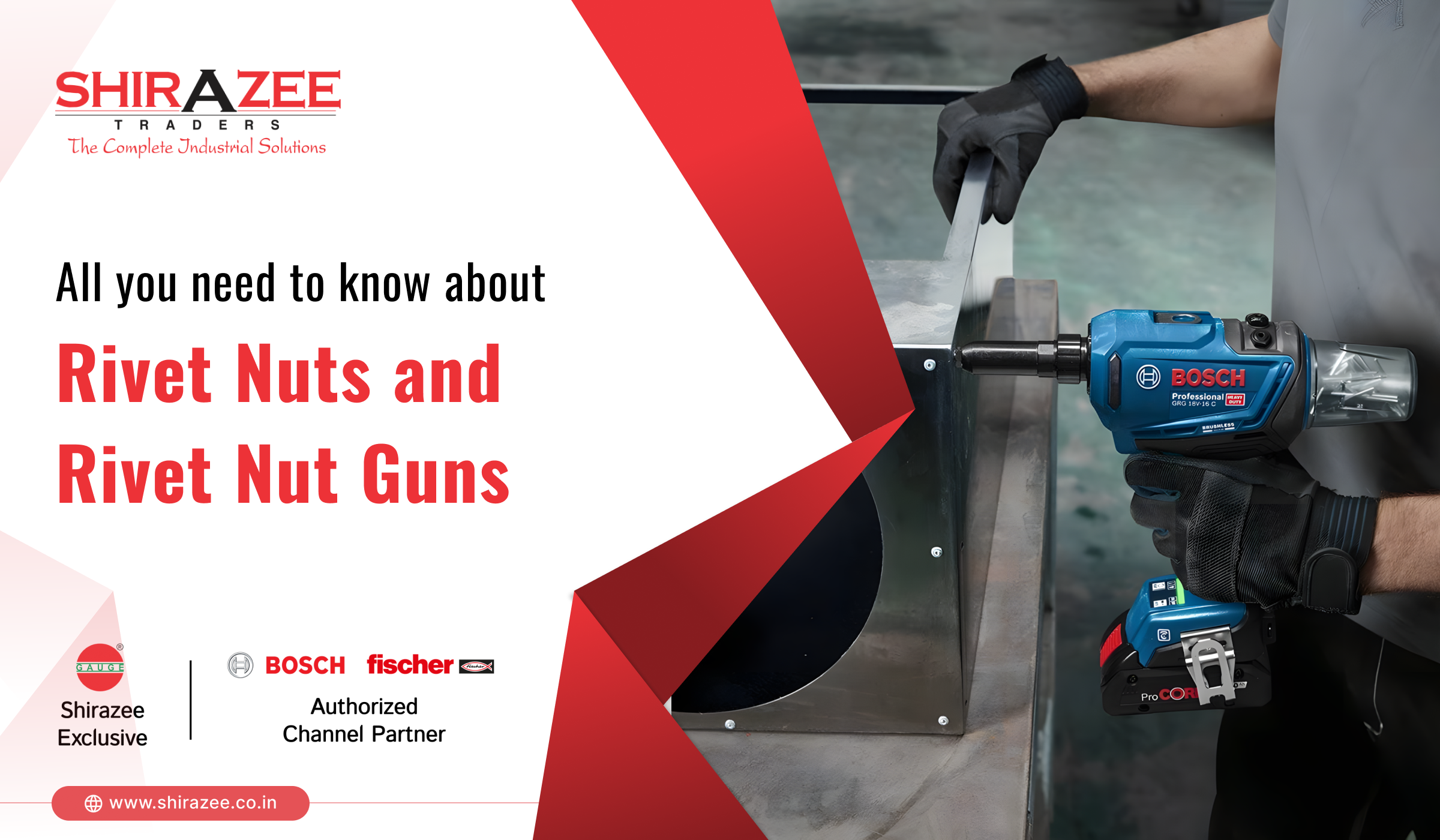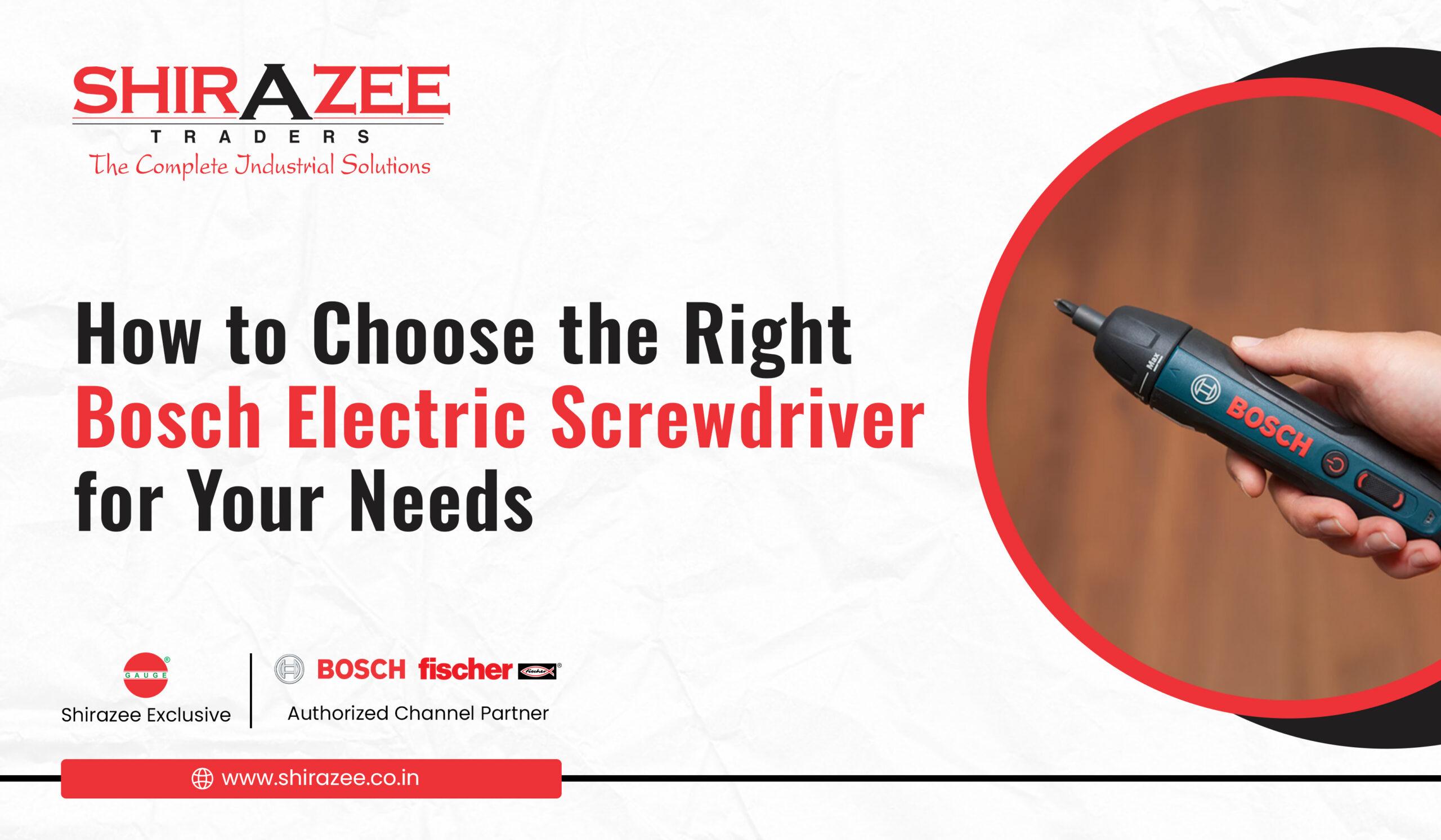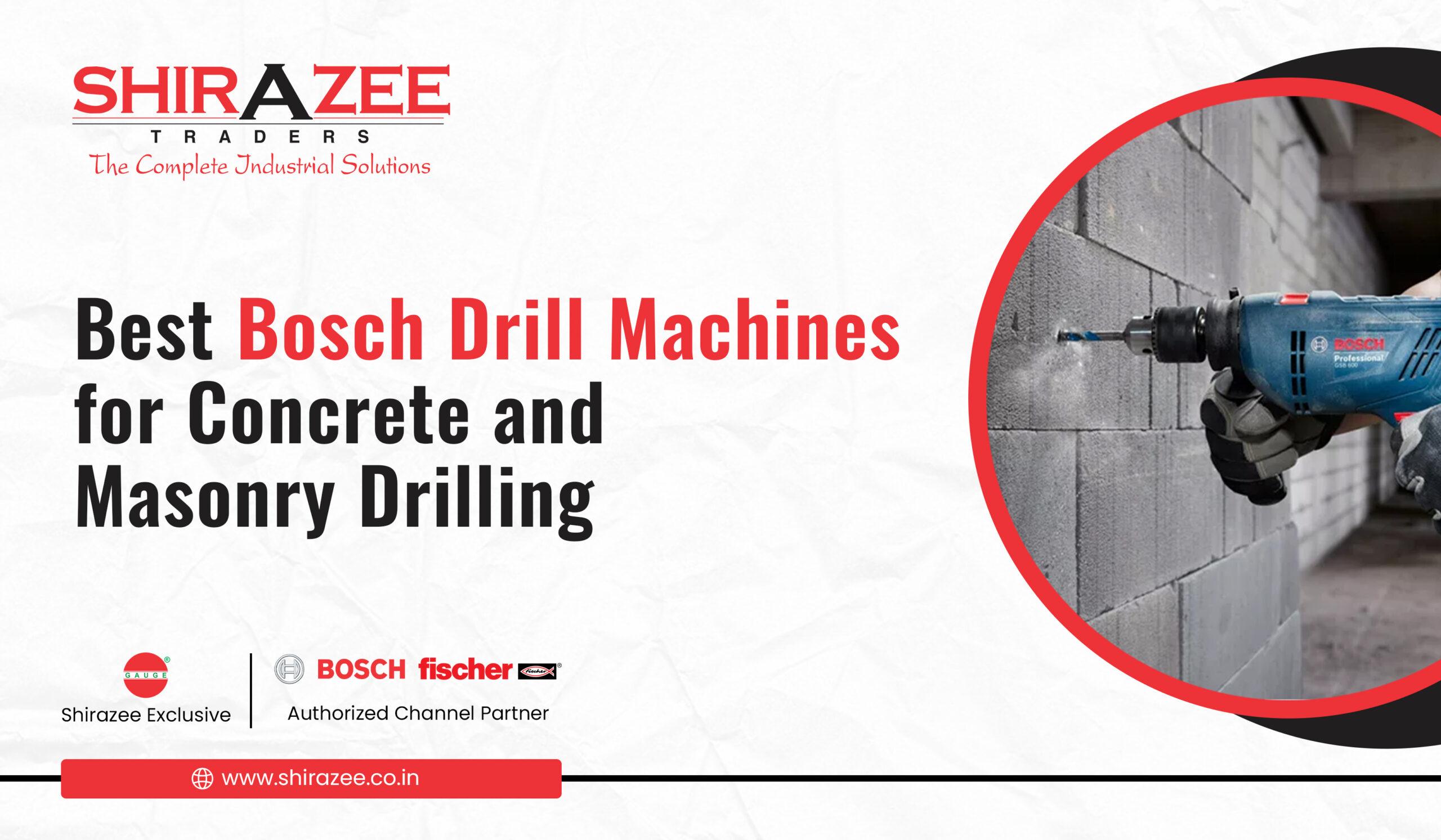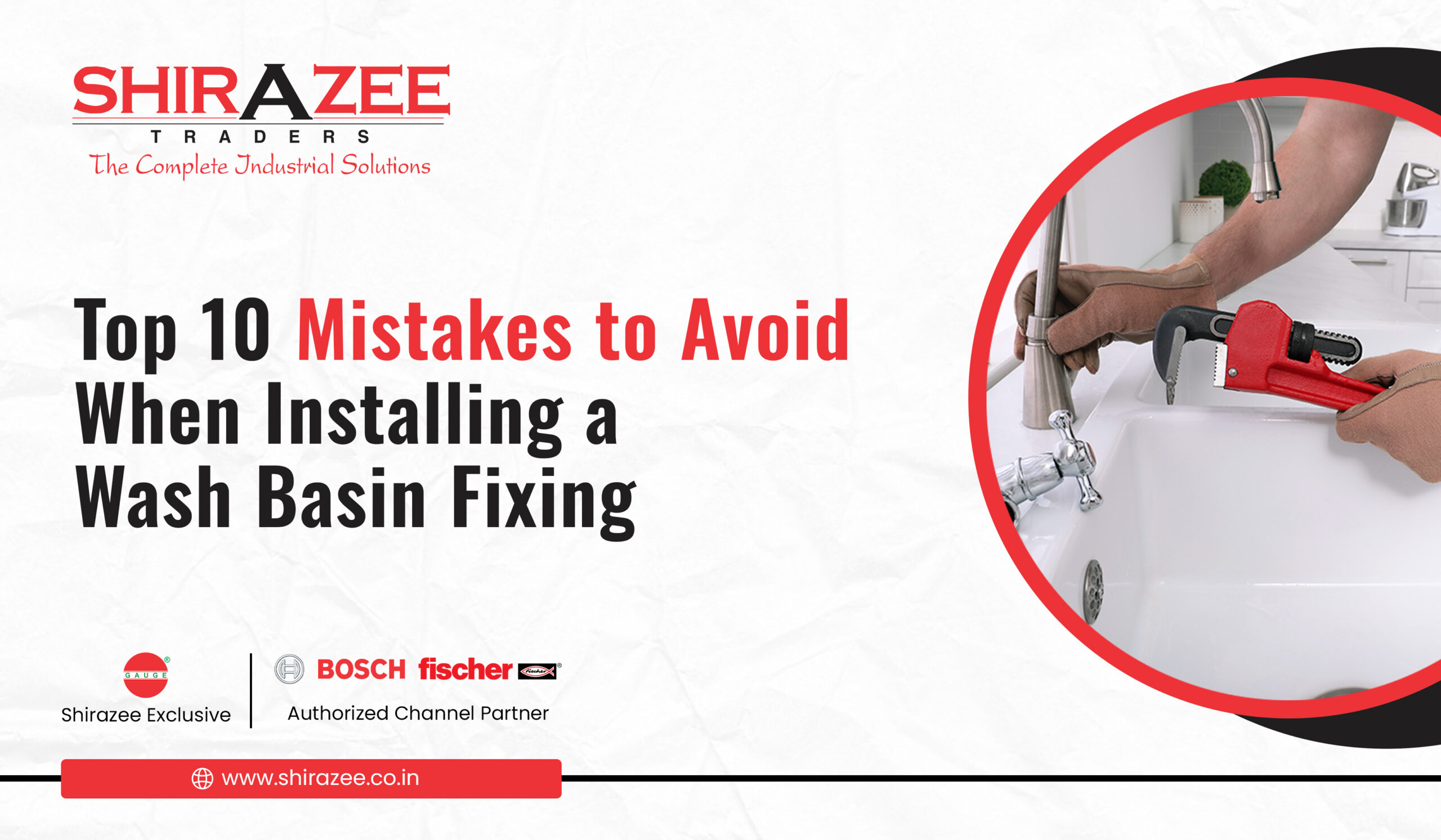
Rivet nuts, also known as blind rivet nuts or threaded inserts, are incredibly versatile fasteners that provide strong, reusable threads in thin materials. They are widely used in various industries, including automotive, aerospace, and electronics. To install these fasteners correctly, a specialized tool called a rivet nut gun or nut insert gun is required. In this blog, we will explore what rivet nuts are, the different types of rivet nut guns, their versatility, and the importance of selecting the correct size and material.
What Are Rivet Nuts?
Rivet nuts are tubular fasteners with internal threads, designed to be installed in materials that are too thin to support a tapped hole. They are placed into a pre-drilled hole and then expanded, forming a strong, threaded bond. Rivet nuts can be installed from one side of the workpiece, making them ideal for use in blind applications where access to the opposite side is limited or impossible.
Types of rivet nuts available include:
- Round Body Rivet Nuts: These are the most common type and are suitable for a wide range of applications.
- Hex Body Rivet Nuts: These have a hexagonal shape that prevents them from spinning in the hole, providing additional security in high-torque applications.
- Knurled Rivet Nuts: These feature a knurled exterior that increases friction between the nut and the material, reducing the risk of loosening.
What Are Rivet Nut Guns?
A nut insert gun or rivet nut gun is a specialized tool used to install rivet nuts. These tools are designed to pull the threaded shaft of the rivet nut, causing the body to expand and lock into the material. There are two main types of rivet nut guns: manual and powered.
1. Manual Rivet Nut Guns
Manual rivet nut guns are operated by hand, making them ideal for smaller projects or when working with softer materials. They are generally more affordable and easier to use for light-duty tasks. However, they require more physical effort and may not be suitable for high-volume or industrial applications.
2. Power Rivet Nut Guns
Power rivet nut guns, on the other hand, are either electric or battery-operated. These tools are designed for heavy-duty applications and can install rivet nuts quickly and with minimal effort. They are ideal for repetitive tasks or when working with harder materials. While they are more expensive than manual tools, the efficiency and ease of use they offer can make them a worthwhile investment for professionals.
Are Rivet Nuts Versatile?
Absolutely! Rivet nuts offer remarkable versatility, making them suitable for numerous applications across different industries. They are commonly used in automotive manufacturing to attach components to thin metal panels, in aerospace for securing interior components, and in electronics for mounting circuit boards. The versatility of rivet nuts comes from their ability to provide strong, reliable threads in materials that are otherwise too thin to support conventional fasteners. This makes them ideal for use in applications where weight reduction is a priority, as they eliminate the need for heavy and bulky hardware.
What’s Better: Power Rivet Nut Gun or Manual Rivet Nut Gun?
The choice between a power rivet nut gun and a manual rivet nut gun depends on the specific needs of your project.
- Power Rivet Nut Gun: If you’re working on a large-scale project or dealing with harder materials, a power rivet nut gun is the better choice. It allows for faster installation, reduces operator fatigue, and ensures consistent results. Power tools are also essential for high-volume production environments where efficiency is key.
- Manual Rivet Nut Gun: For smaller projects or when working with softer materials, a manual rivet nut gun might be sufficient. It’s more cost-effective and easier to handle for light-duty tasks. However, it requires more physical effort and may not be as efficient for large-scale or industrial applications.
In summary, if you’re looking for speed, efficiency, and ease of use, a power rivet nut gun is likely the better option. However, for occasional use or small projects, a manual rivet nut gun can be a practical and economical choice.
What’s the Importance of Size and Material Used?
When selecting rivet nuts and nut insert guns, size and material are critical factors to consider. Using the correct size ensures that the rivet nut fits properly in the pre-drilled hole and provides a secure connection. The material of the rivet nut must also be compatible with the material of the workpiece to avoid issues such as galvanic corrosion or premature wear.
1. Size
Choosing the right size rivet nut is essential for ensuring a secure installation. The rivet nut must match the thickness of the material it’s being installed in, as well as the size of the pre-drilled hole. If the rivet nut is too small, it won’t grip the material properly; if it’s too large, it may cause the material to deform or crack.
2. Material
The material of the rivet nut is equally important. Typical materials used are aluminum, steel, and stainless steel, with the selection of material varying based on the specific application like:
- Aluminum Rivet Nuts: Lightweight and resistant to corrosion, aluminum rivet nuts are ideal for use in applications where weight is a concern, such as in the automotive and aerospace industries.
- Steel Rivet Nuts: Steel rivet nuts are stronger and more durable than aluminum, making them suitable for heavy-duty applications. However, they may be more prone to corrosion unless treated with a protective coating.
- Stainless Steel Rivet Nuts: Stainless steel rivet nuts offer the best resistance to corrosion and are ideal for use in harsh environments or where the fastener will be exposed to moisture or chemicals.
Conclusion
Rivet nuts and nut insert guns are essential tools for a wide range of applications, offering a secure and reliable method for creating strong threads in thin materials. Whether you’re working on a small DIY project or a large industrial application, understanding the different types of rivet nuts, the tools used to install them, and the importance of size and material will help you achieve the best results. By selecting the right rivet nut gun, whether manual or powered, and using the appropriate size and material for your rivet nuts, you can ensure a secure, long-lasting installation. For those in need of high-quality tools and fasteners, working with reliable rivet tools suppliers is key to getting the job done efficiently and effectively.







